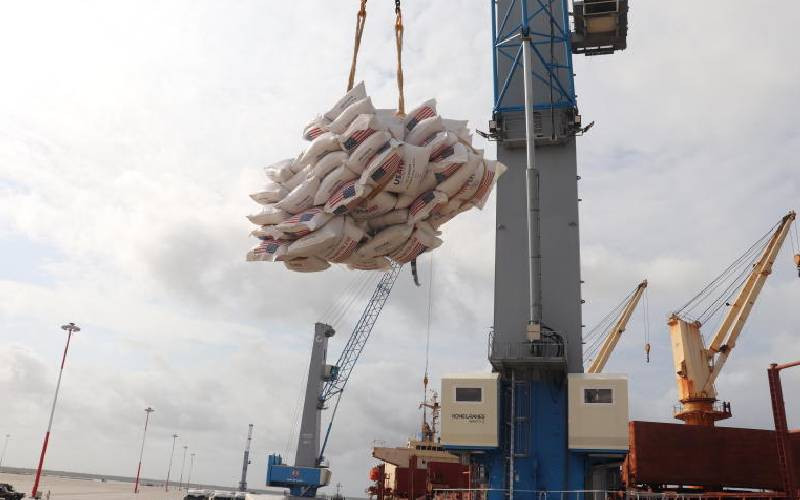×
The Standard e-Paper
Home To Bold Columnists

Refugees at Kakuma and the nearby Kalobeyei integrated settlement camps in Turkana West sub-county are facing hard times after World Food Programme (WFP) reduced food rations.
Those with big families are now forced to walk to Kakuma town to either beg or compete with the host community for limited casual jobs for survival.